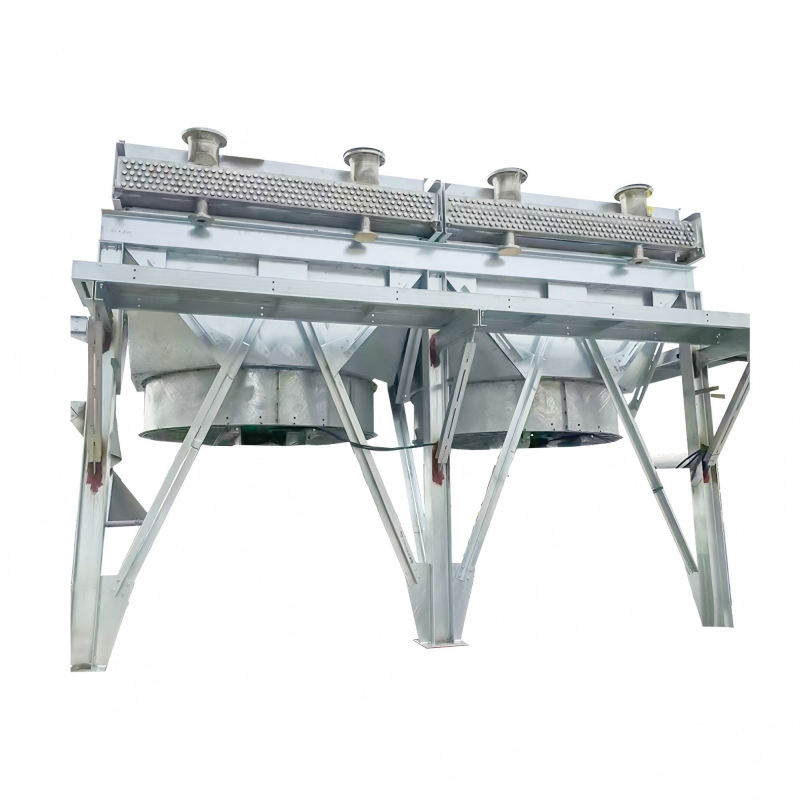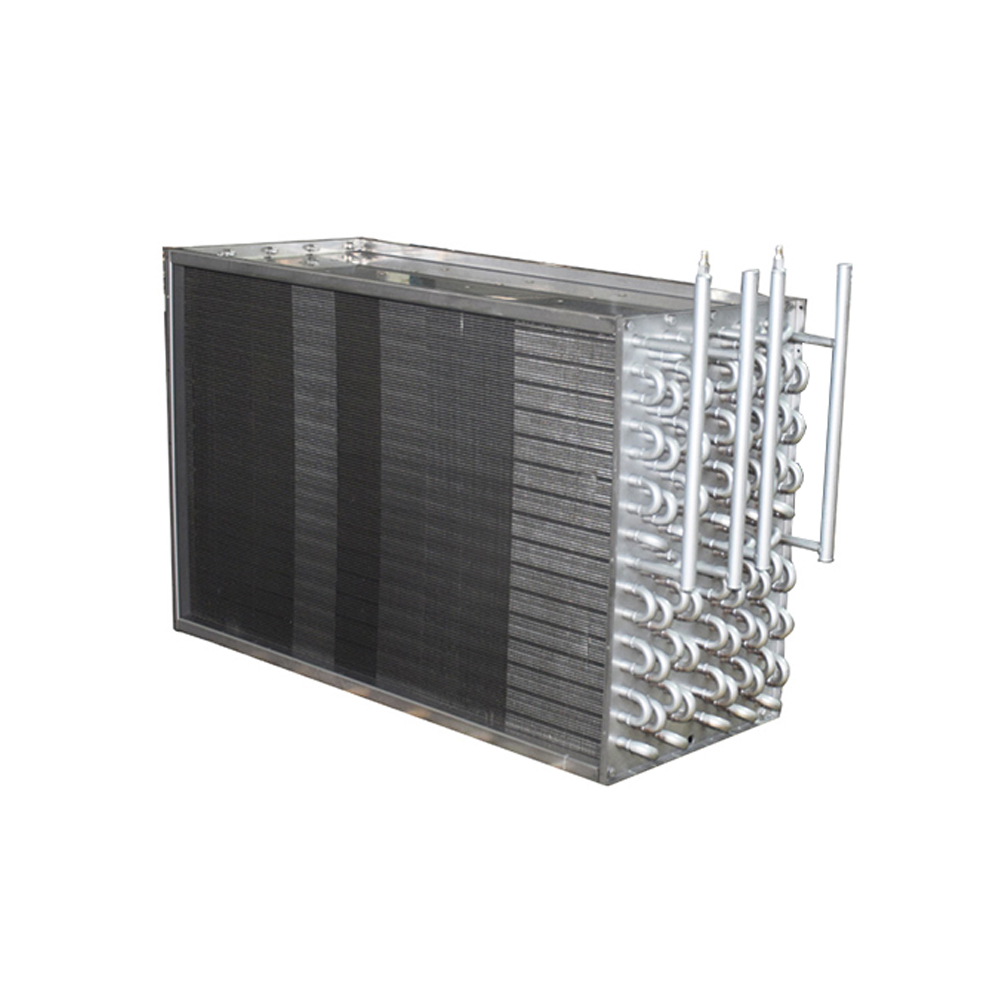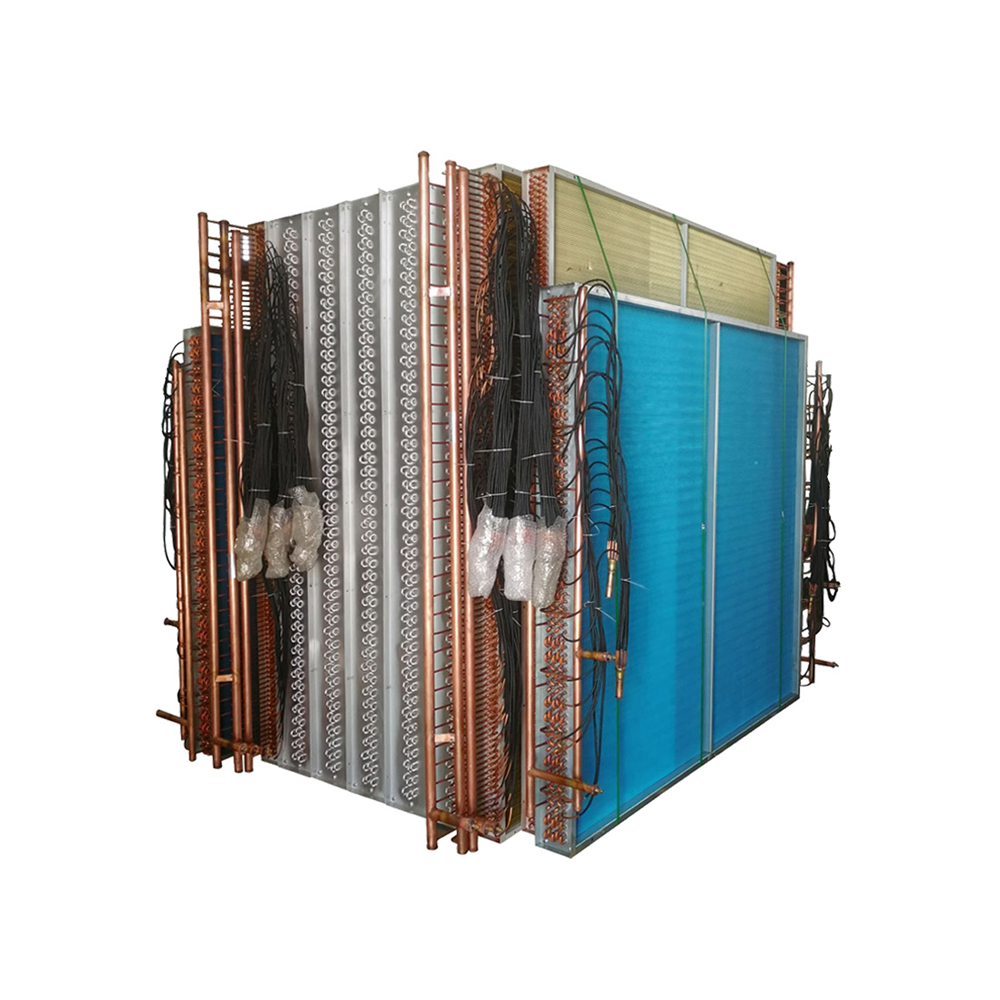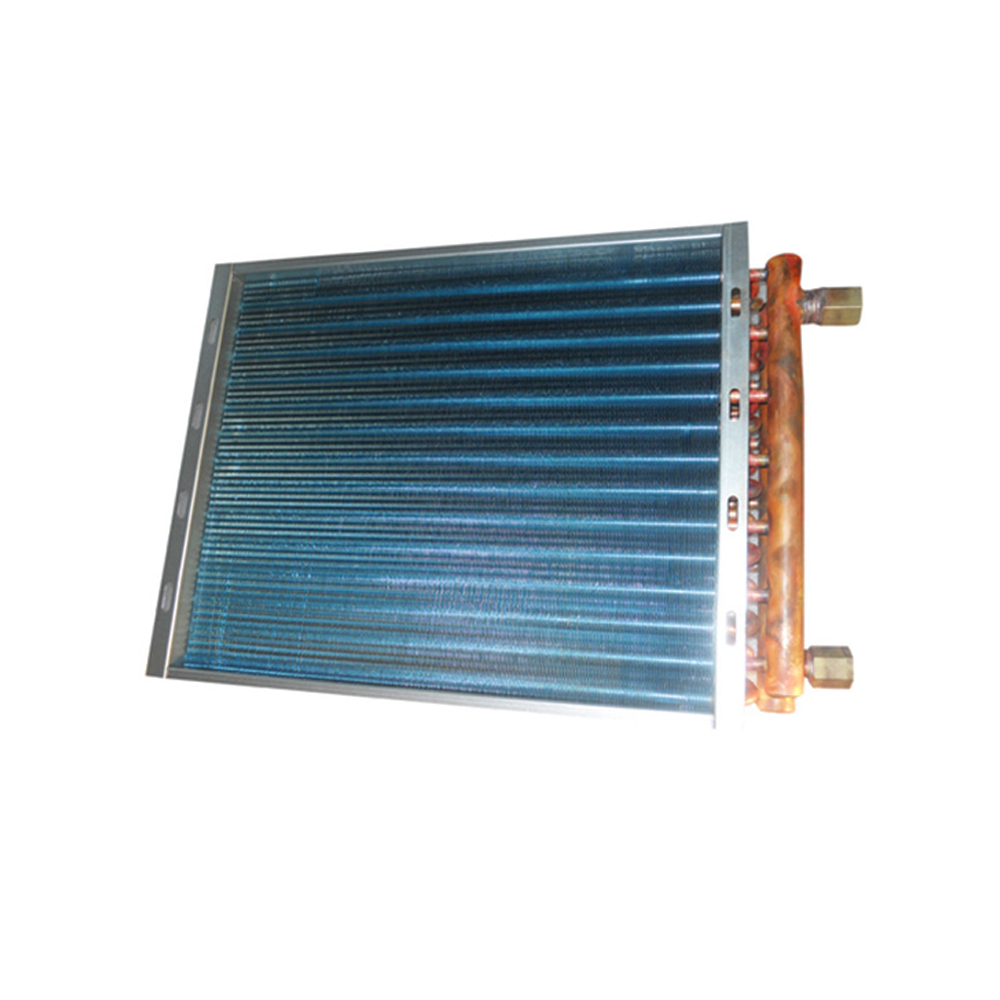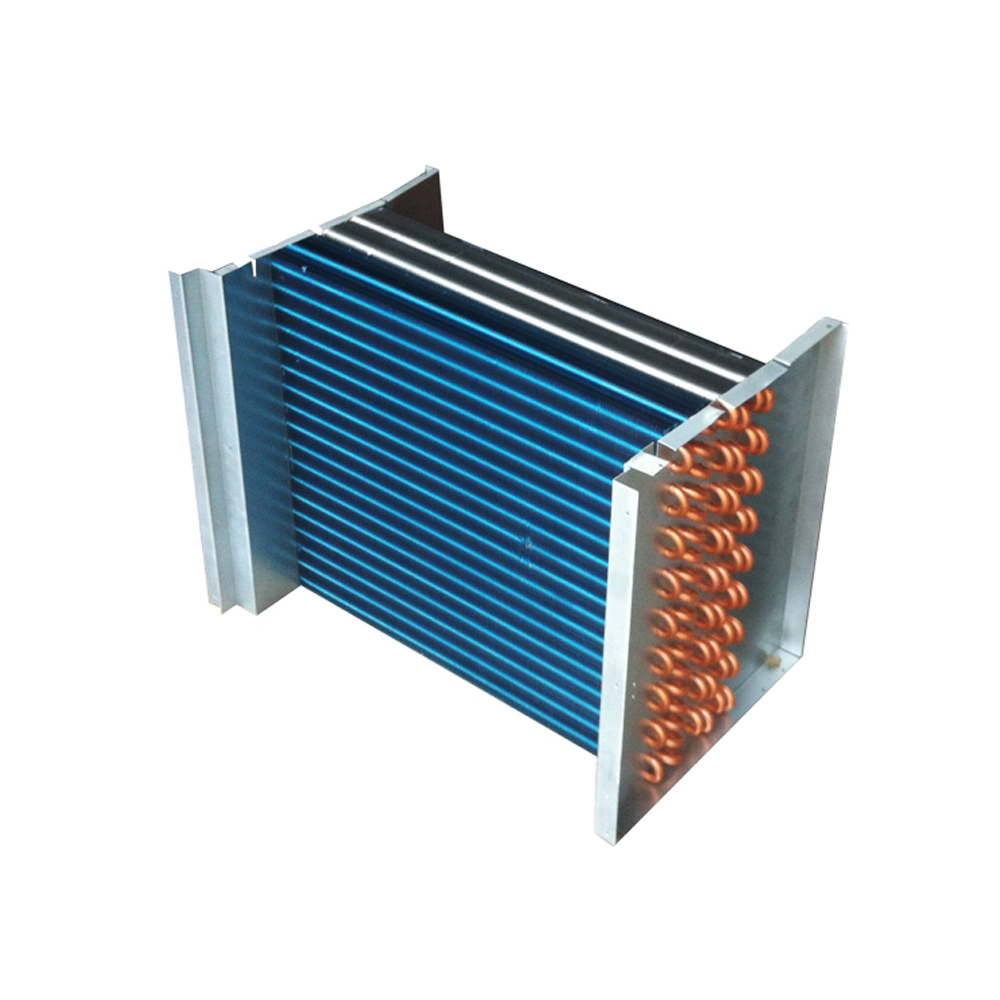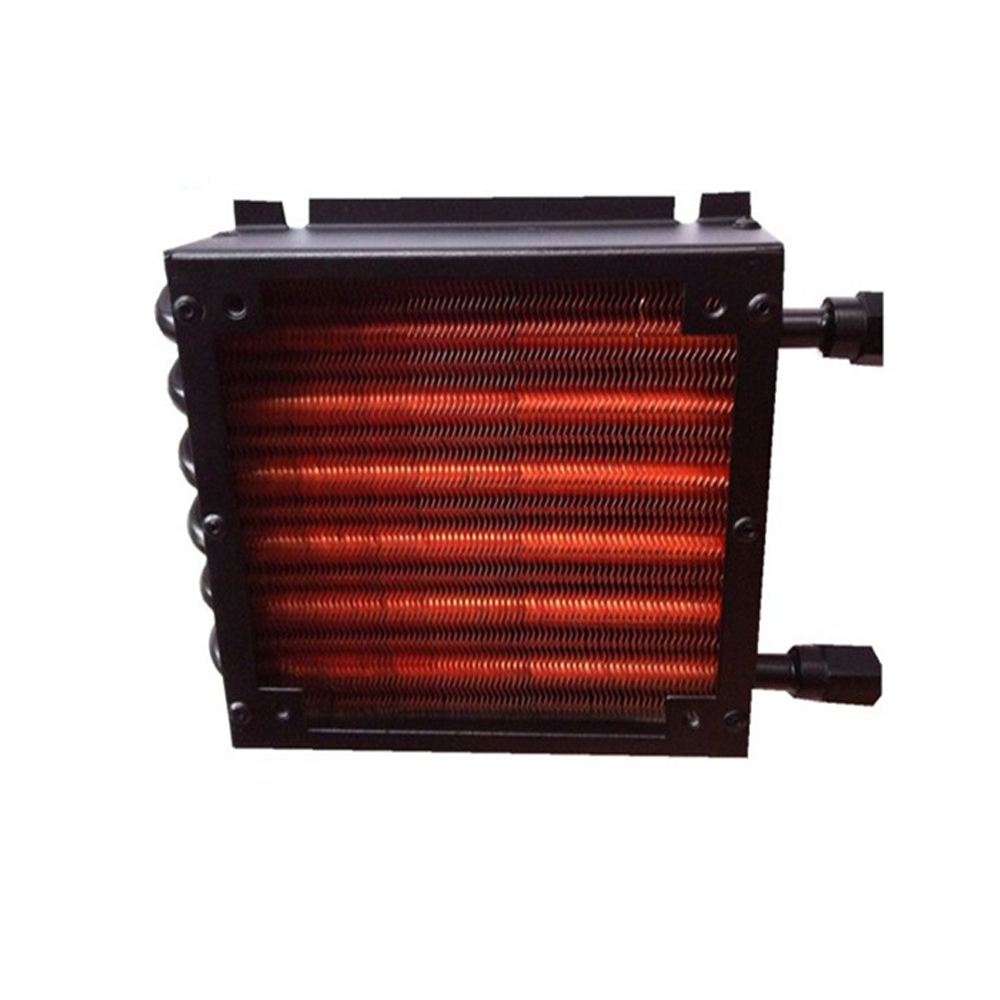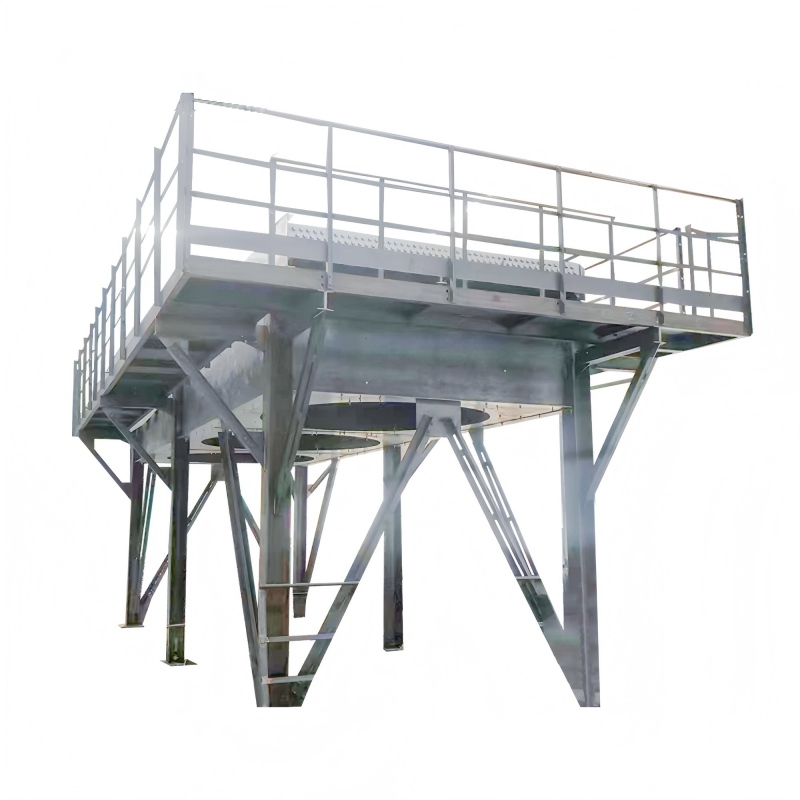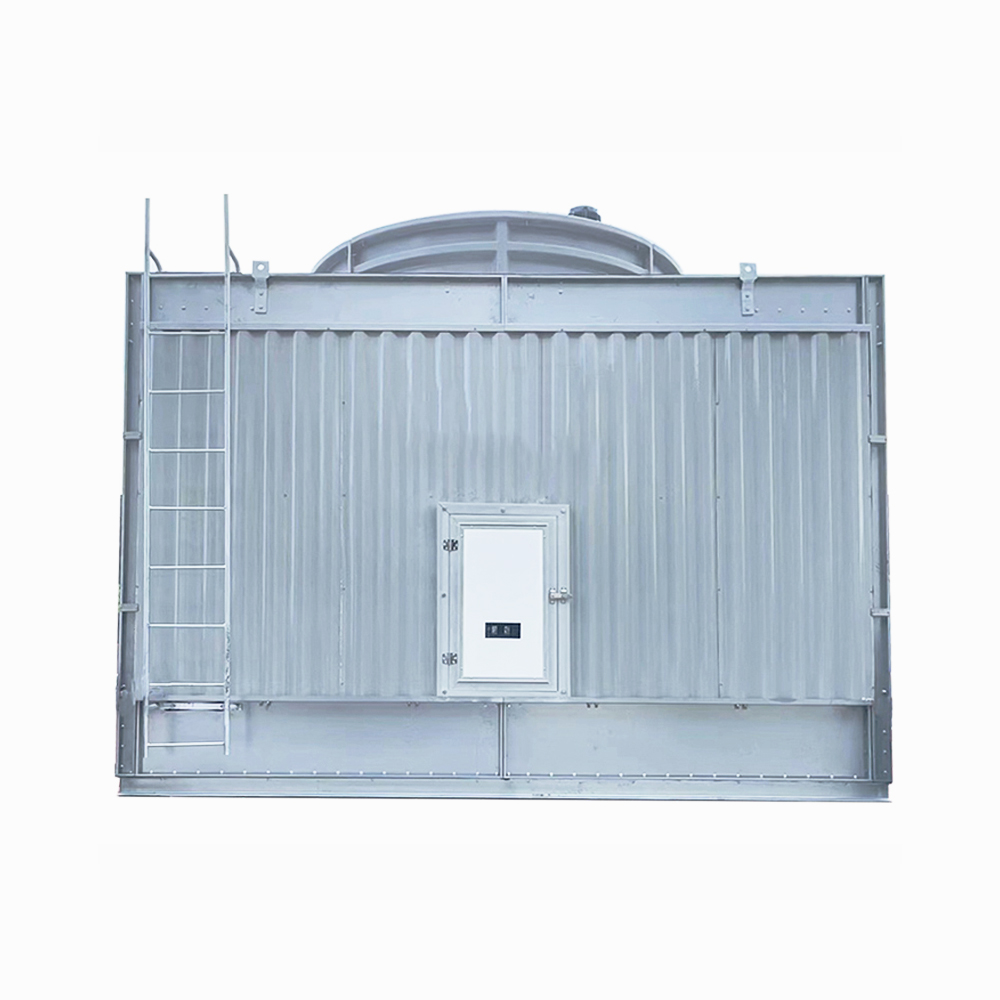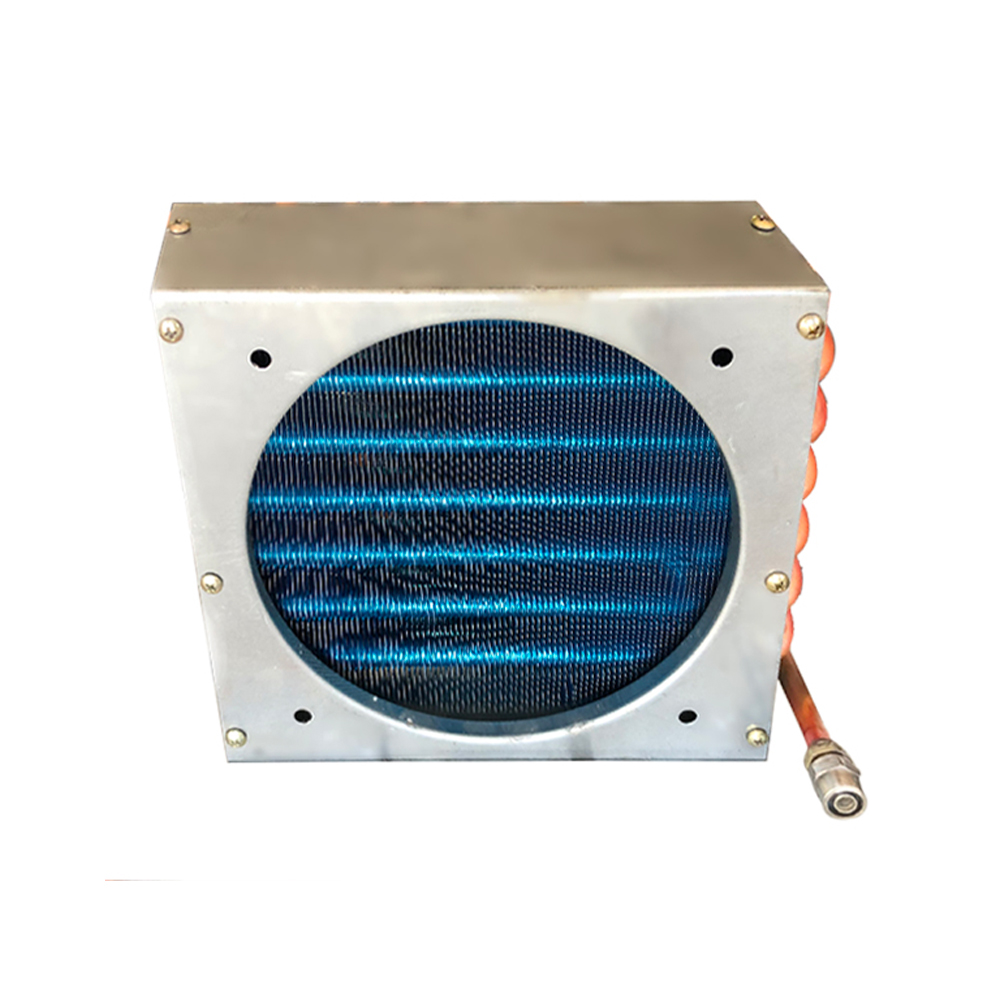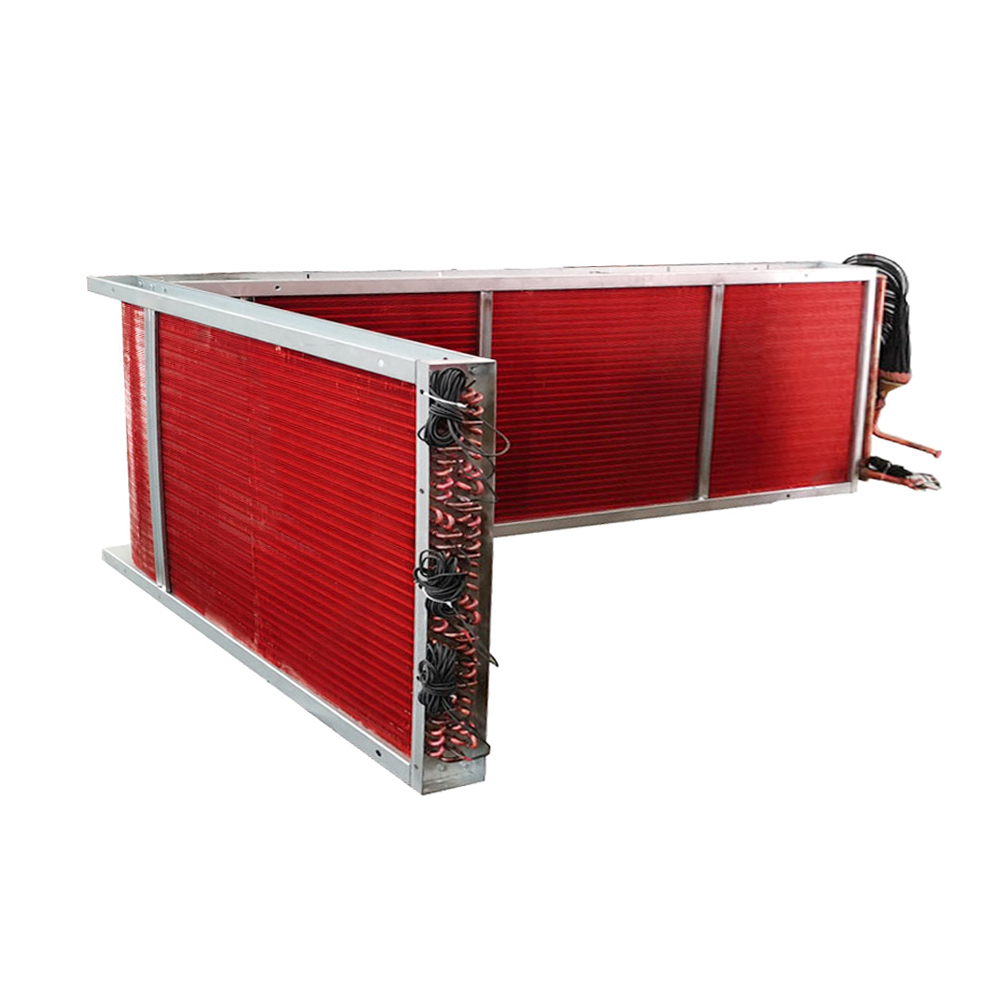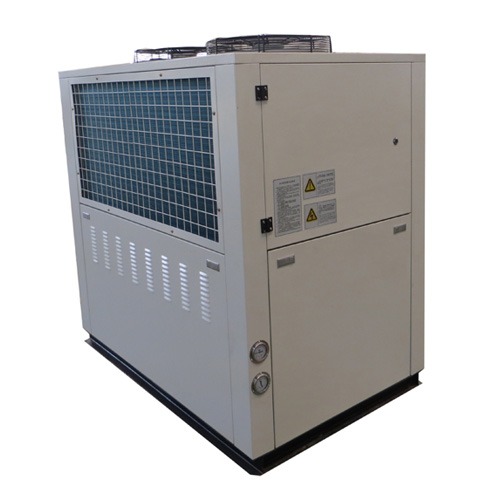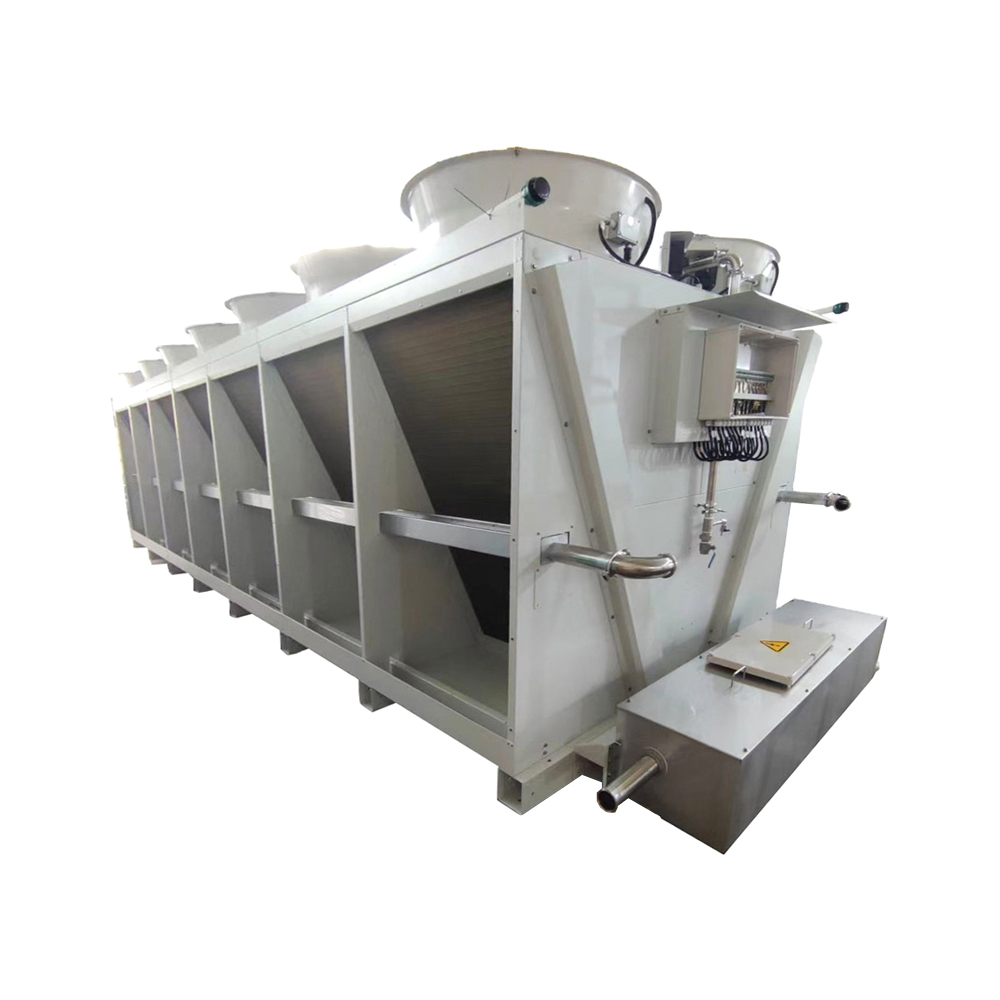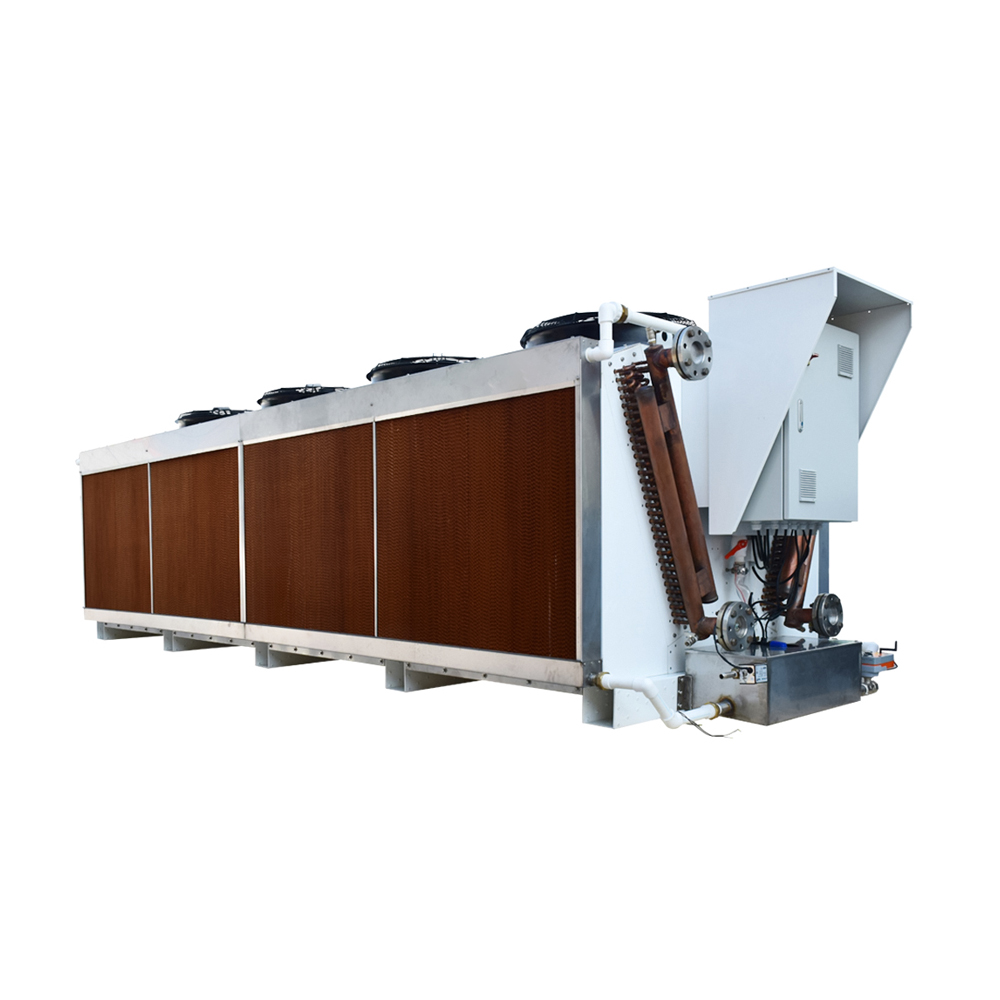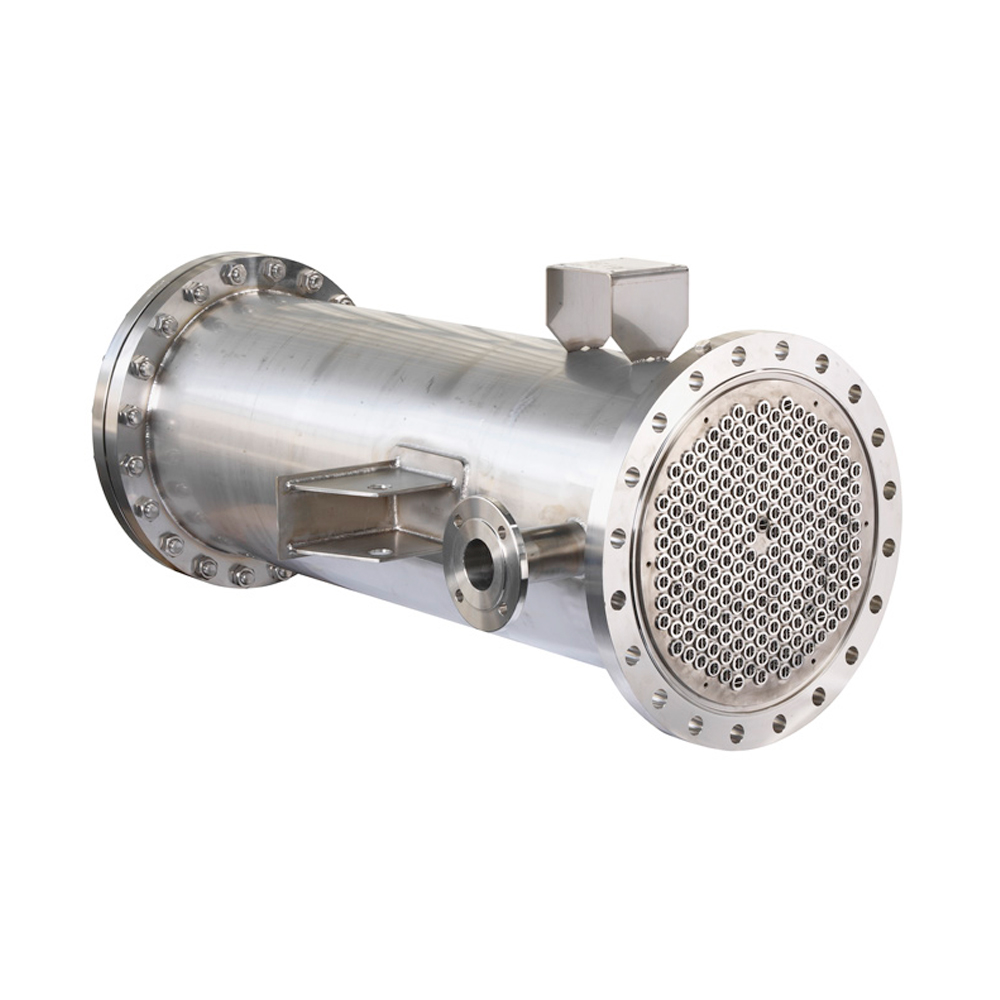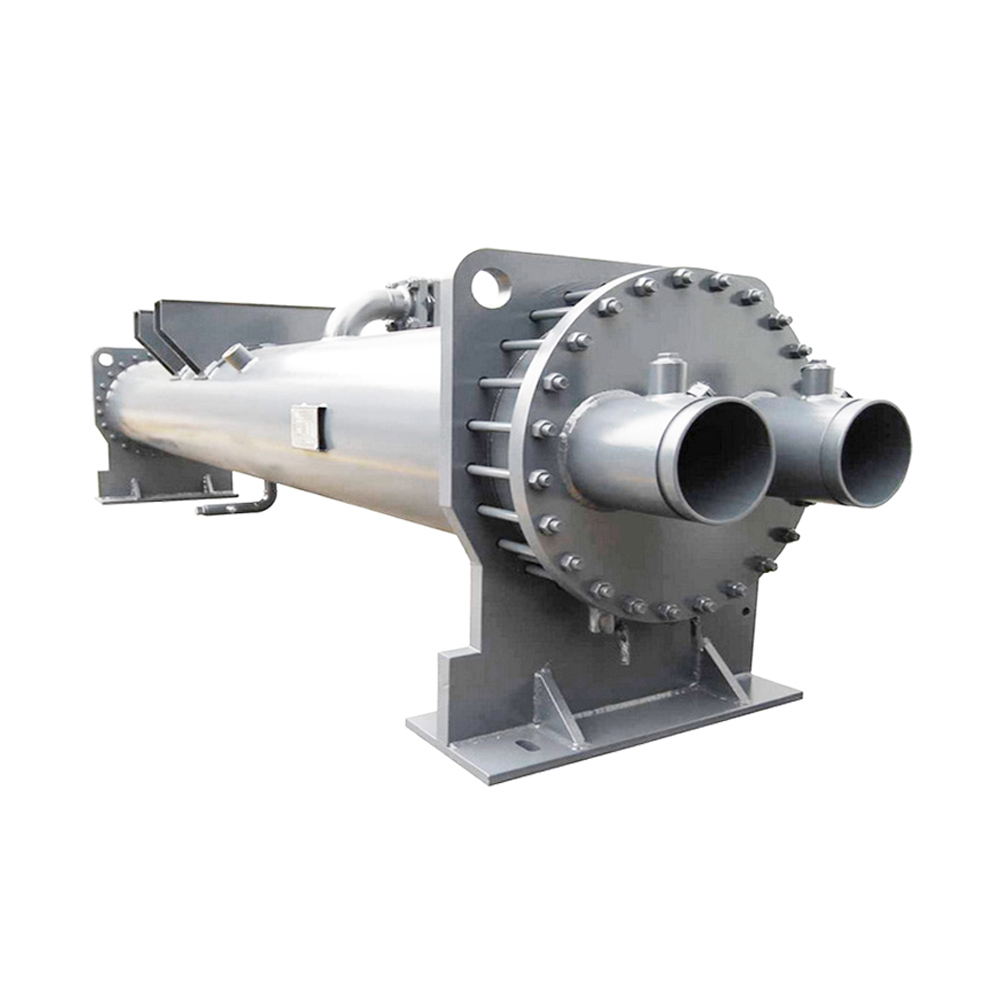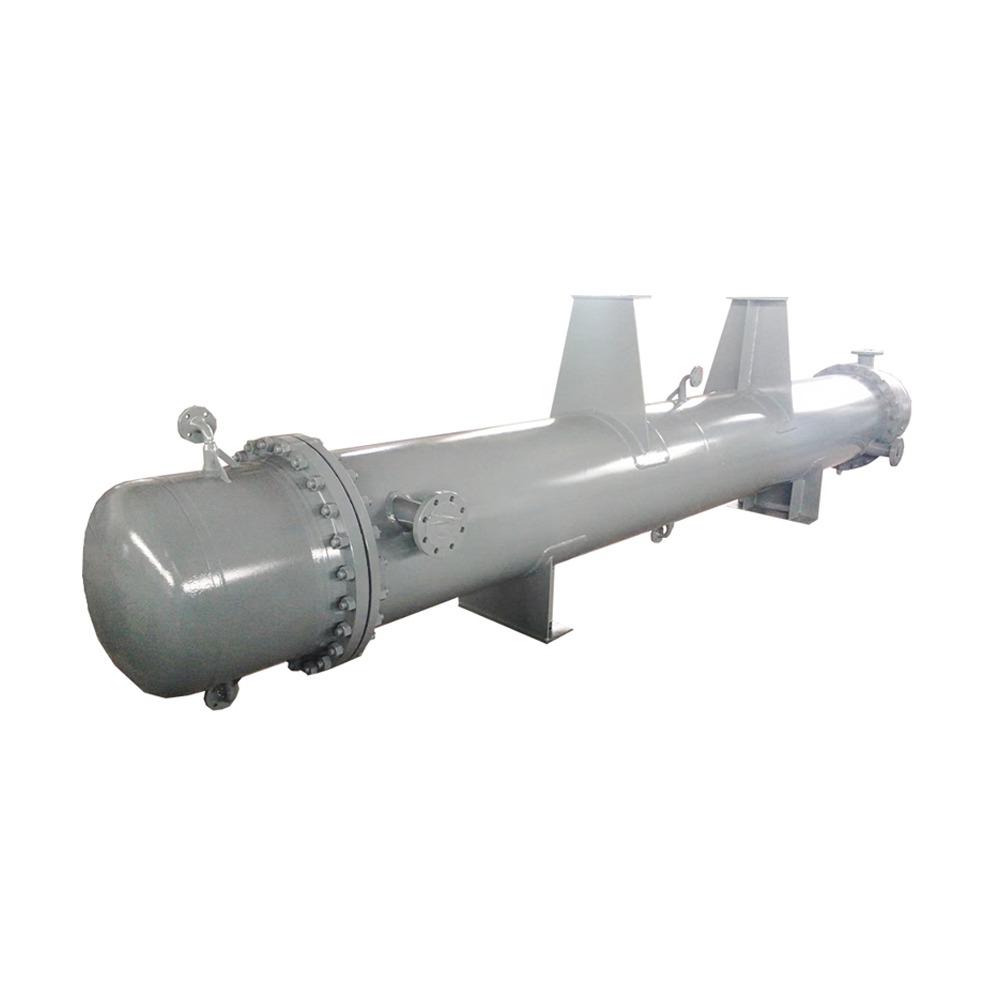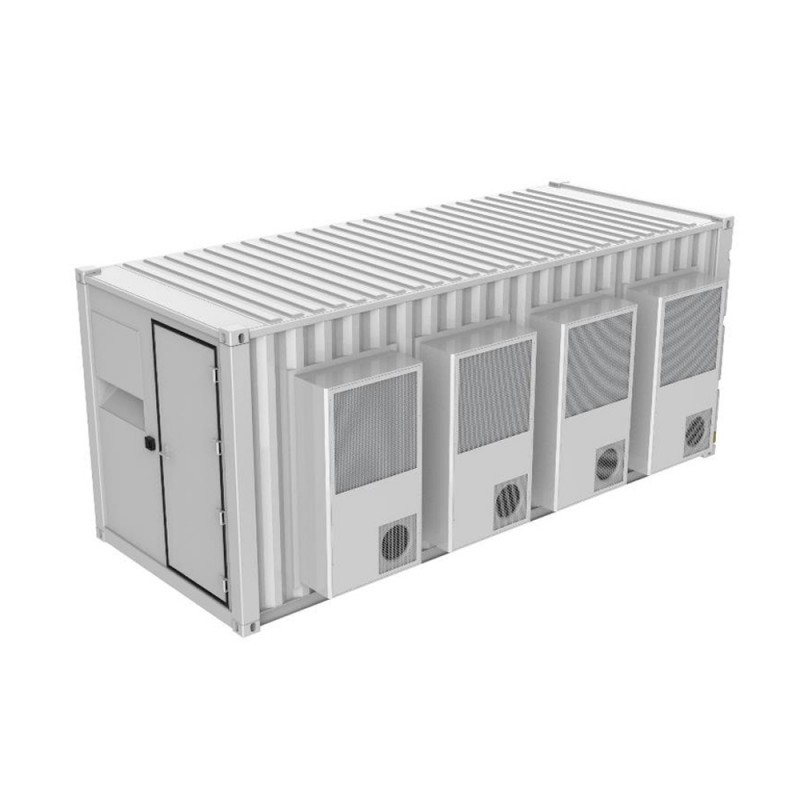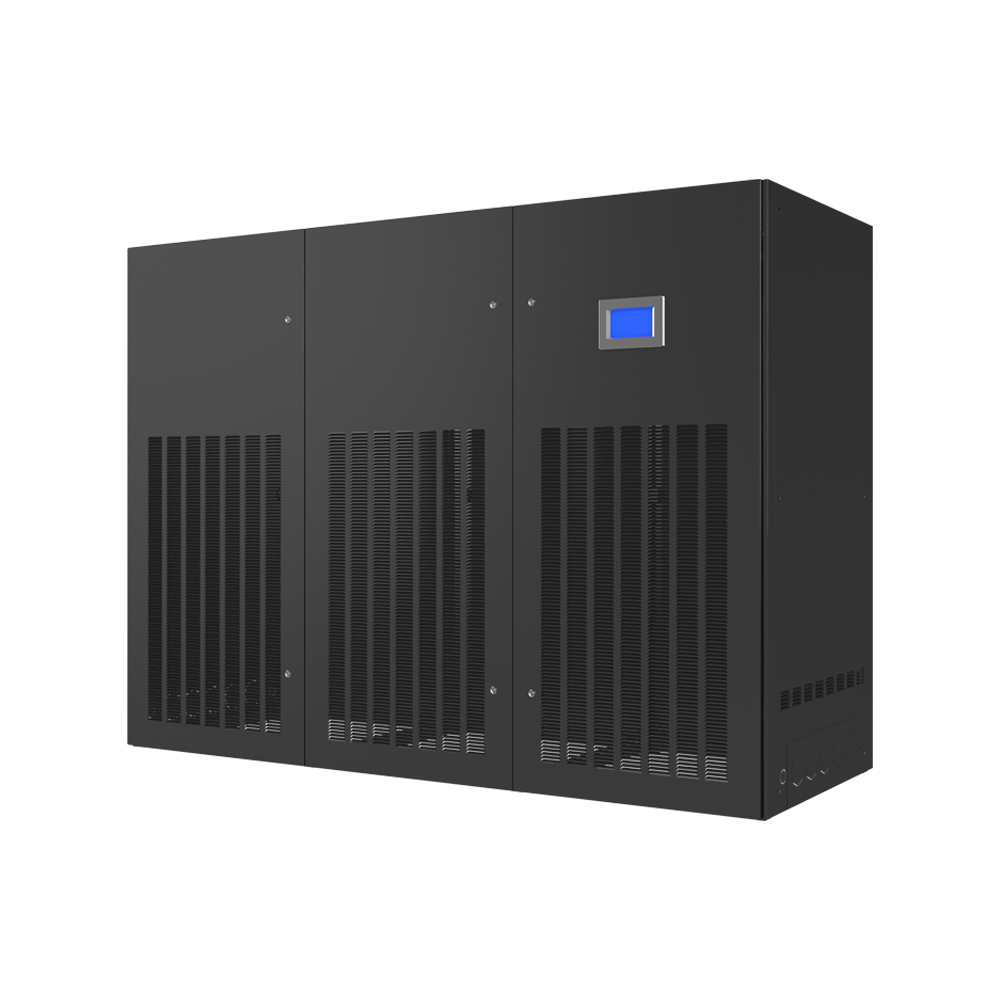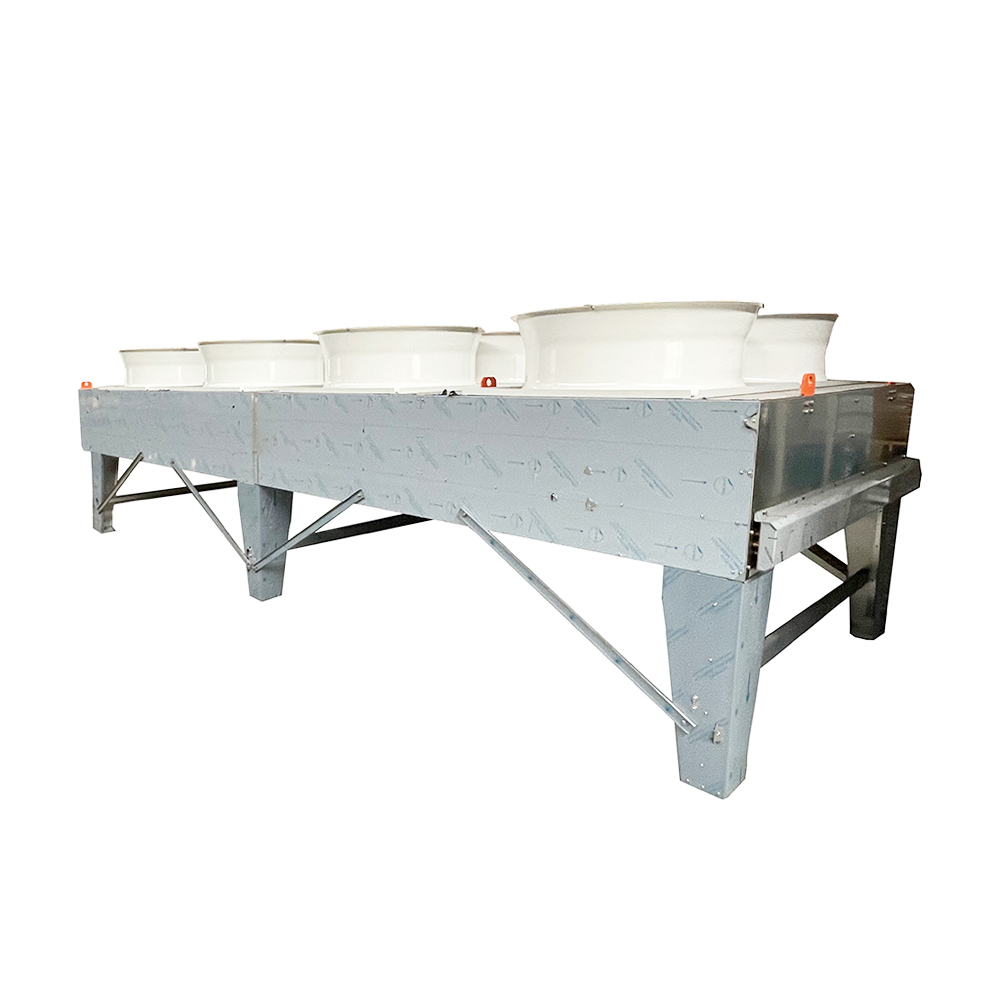Choosing the right air handling unit (AHU) can significantly impact the comfort, efficiency, and overall cost of your building. This comprehensive guide will walk you through the essential considerations to help you select the best AHU for your needs. We'll cover various types of units, key features, energy efficiency, maintenance, and more, providing you with the information you need to make an informed decision.
Understanding Air Handling Units (AHUs)
An air handling unit (AHU) is a vital component of HVAC systems, responsible for conditioning and circulating air within a building. AHUs typically include components like fans, filters, heating and cooling coils, and dampers. They manage temperature, humidity, and air quality, ensuring a comfortable and healthy indoor environment. The size and complexity of an AHU depend on the specific application, ranging from small units for residential use to large, sophisticated systems for commercial buildings.
Types of AHUs
Several types of AHUs cater to different needs and applications. These include:
- Packaged AHUs: These are pre-assembled units that arrive ready for installation, simplifying the process and reducing on-site construction time.
- Split AHUs: These units separate the fan and heating/cooling coils, allowing for flexible installation and better space utilization.
- Custom AHUs: Designed and built to meet specific requirements, these offer maximum flexibility in terms of size, features, and performance.
Key Factors to Consider When Choosing an AHU
Selecting the ideal AHU requires careful consideration of several factors:
Capacity and Size
The capacity of the AHU, measured in cubic feet per minute (CFM), should be carefully matched to the size of the space it will serve. Undersized units struggle to maintain temperature, while oversized units can lead to energy waste and uneven airflow. Consult with an HVAC professional to determine the appropriate capacity for your specific application. Accurate calculations require assessing factors like building volume, insulation levels, and desired temperature control.
Energy Efficiency
Energy efficiency is a crucial factor to consider, impacting both operating costs and environmental impact. Look for AHUs with high SEER (Seasonal Energy Efficiency Ratio) and EER (Energy Efficiency Ratio) ratings. Consider features like variable speed drives, economizers, and advanced control systems to further optimize energy consumption.
Features and Functionality
Modern AHUs offer a variety of advanced features, such as:
- High-efficiency filters: Improve air quality by removing dust, pollen, and other airborne particles.
- Humidity control: Maintain optimal humidity levels for comfort and to prevent moisture-related problems.
- Smart controls: Allow for remote monitoring and control of the AHU, optimizing performance and energy efficiency.
- Integrated heat recovery systems: Recover heat from exhaust air, reducing energy needs.
Maintenance and Serviceability
Easy access to components for routine maintenance and repairs is essential. Choose an AHU with a user-friendly design that allows for simple filter replacement and other maintenance tasks. Regular maintenance significantly extends the lifespan of the unit and prevents costly breakdowns. Consider the availability of spare parts and the reputation of the manufacturer's service network.
Budget
The cost of an AHU can vary considerably based on size, features, and brand. Establish a realistic budget before starting your search, balancing cost with performance and long-term value. Remember that investing in a high-quality, energy-efficient AHU can lead to substantial savings over the unit's lifespan.
Choosing the Right AHU for Your Needs
The best AHU for you depends on your specific requirements. Consider factors such as building type, size, budget, and desired level of control. Consulting with a qualified HVAC professional is highly recommended to ensure that you select the appropriate AHU for optimal performance and energy efficiency. They can assist with accurate capacity calculations, recommend suitable models, and ensure proper installation and commissioning.
Comparison of Popular AHU Brands
While specific model recommendations depend heavily on individual needs and regional availability, we can look at some key factors that differentiate brands. Always check manufacturer websites for the most up-to-date information and specifications. Consider factors such as warranty, service network, and customer reviews in addition to technical specifications.
| Brand | Key Features | Typical Applications |
| Carrier | High efficiency, smart controls, wide range of models | Commercial and industrial applications |
| Trane | Advanced technology, energy-efficient designs, robust construction | Large commercial buildings, data centers |
| York | Durable, reliable performance, variety of options | Commercial and industrial facilities |
Note: This is not an exhaustive list, and many other reputable AHU manufacturers exist. Always research thoroughly before making a purchasing decision.
For more information on high-quality and efficient AHU solutions, visit Shanghai SHENGLIN M&E Technology Co.,Ltd.
Conclusion
Selecting the right air handling unit is a crucial decision that impacts comfort, efficiency, and overall building performance. By carefully considering the factors outlined in this guide and consulting with HVAC professionals, you can choose an AHU that meets your specific requirements and provides years of reliable service. Remember to factor in energy efficiency, maintenance needs, and future scalability when making your decision.









